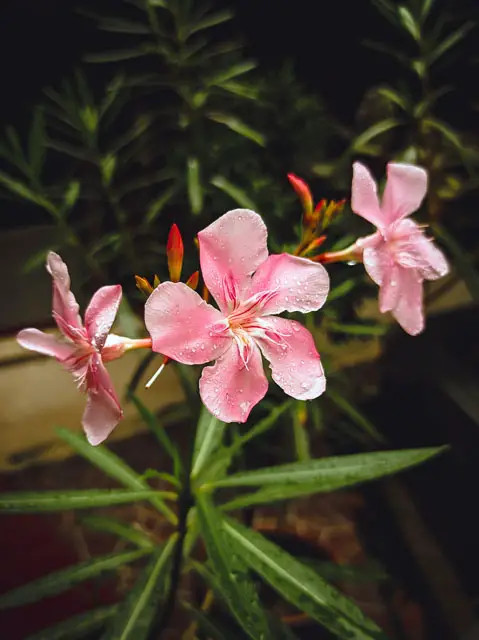Table of Contents
All of us have seen the collective images on Instagram or the full page layout in magazines showing people’s wondrous house plants that cover an entire room. However, what plants are beneficial and which ones should you avoid having in your house? What about the pollen count that can cause severe allergies? We will answer all of your questions in this article.
Since there are so many species and hybrid-species of plants, it’s hard to categorize all of them because some plants work well with people and others just have a bad reverse effect. We suggest having an allergy test from your doctor first and even ask them about a plant you want to buy or have already bought.

First and foremost, pollinating plants that cause allergies will be the ones where normally everyone is allergic. However, this is a huge list of plants that can help anyone and anyone struggling with asthma.
Yet the plants that should not be in anyone’s home because they will cause extreme allergies are: Ryegrass, Paterson’s curse, Pellitory weed, Oak Trees, Elm Trees, and Birch Trees, African violets, and English Ivy.
Oleander
This beautiful flower is actually quite poisonous and is a massive pollinator that should be avoided from being in a closed living area.

English Ivy
This plant that should stay outside instead of bringing it in can cause airborne skin irritations from the pollen it releases.

Boston Fern
This is an in between plant because it can help some and others it can have the reverse effect.

Indoor House Plants
Indoor house plants can add a lot of benefit for individuals depending on what they are allergic to, looking for more oxygen intake, or looking to find a positive attitude during a difficult time. For instance, an individual who may have asthma can benefit from these plants: Peace Lily, Snake Plant, Aloe Vera, Chrysanthemum, and Gerbera Daisy.

Peace Lily

Snake Plant

Chrysanthemum

The benefit that indoor house plants can have an anyone is astounding and interesting. Not only can someone’s health improve, but because of the extra oxygen in the room can allow someone to breathe better and fuller. Plants can also allow the mind to start concentrating better because of the plants that give off a calm sense. When you think about it, how to people react nowadays when they buy a new plant? They are excited yet calm, they have found a great way to prevent illness and difficult breathing episodes. More importantly, house plants can help reduce stress for individuals that either live a stressful work life, or a stressful private life.
Plant sales went up when remote working began and it makes sense why; while a home can provide circulated air… plants allow fresh air to ruminate around the house. The real reason to buy and populate your house with friendly plants is that they create a wholesome hobby where an individual who struggles with addiction or poor concentration can adapt a better mindset by caring for plants.
Another additive to think about while choosing a new house plant, check to see what species help with curing an illness quicker. Some species of plants help to reduce illness two times faster than the human body can be fighting the illness off.

A big tip to control a pollinating plant if you already have one is to watch how much you water the plant. Over-watering can cause the plant to over pollinate and produce an irritating environment.
Typically, the plants we see growing as a vine and trees should never be placed inside a home. They are considered a bit invasive and will try to grow over everything. Like how Pumpkin vines take over a whole area and will stop other plants from growing.
We ask anyone that is new to plant owning or has already become a pro to check each species and read up on what they are capable of producing. Some plants will choose to only pollinate in a certain climate, environment, full sun or not just based on the specific temperature they grow in naturally. For instance, tropical flowers need humidity because dry heat they will cease to stop growing and shrivel.
Check what zone each plant is from also, this is a huge help in determining if a plant is suitable for in-home living. By checking this bit of information and having a start on what plants aid in better air quality versus which ones can cause horrific pollinating air pollution, each plant owner will be happier, healthy, and finding that their focus has gradually increased for the better.













